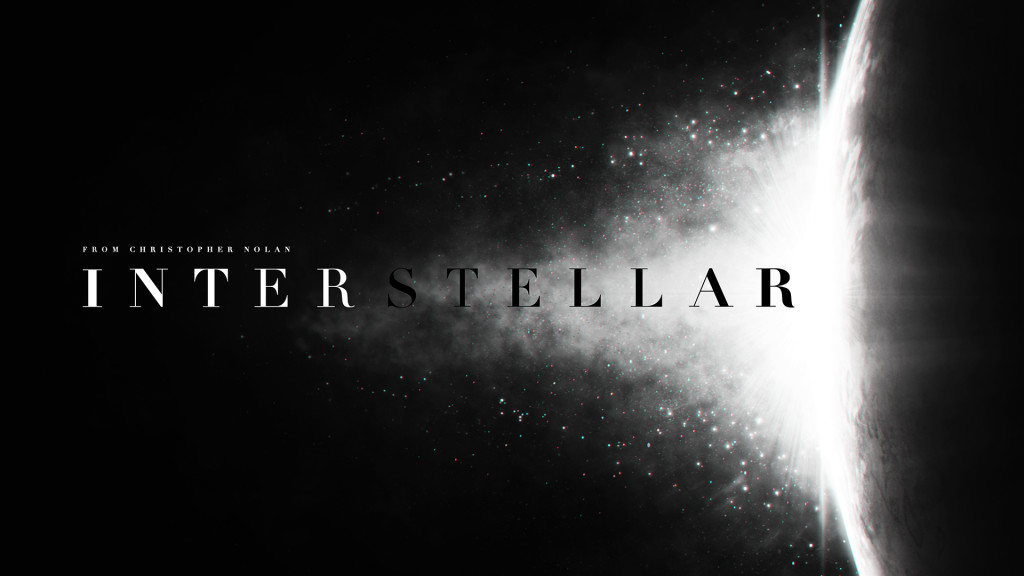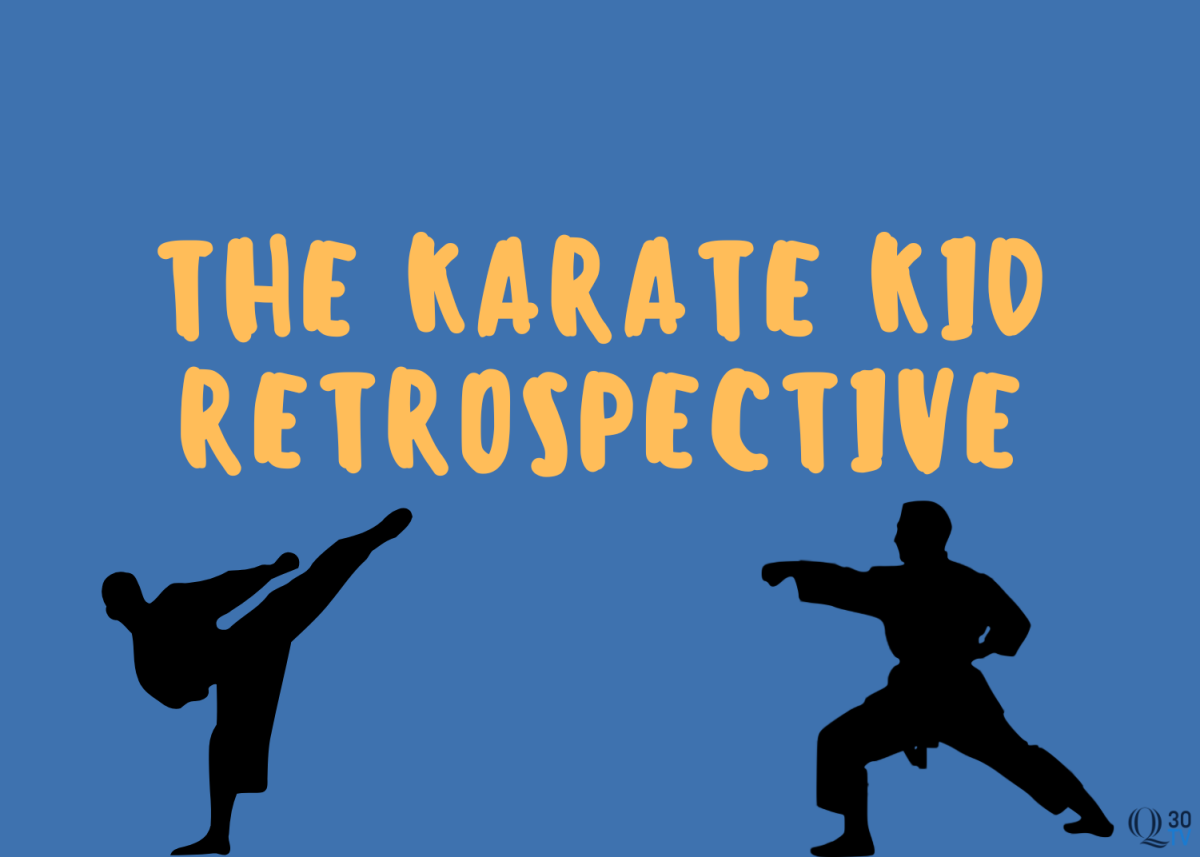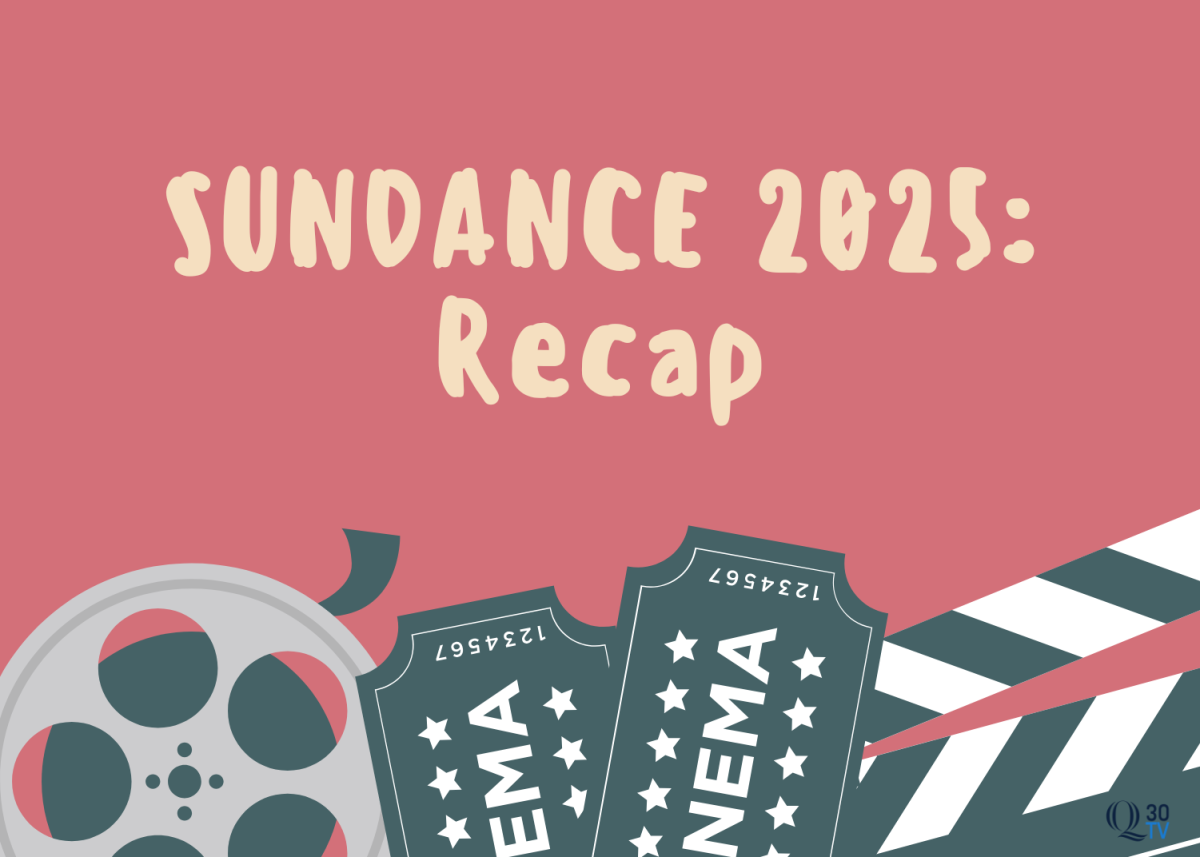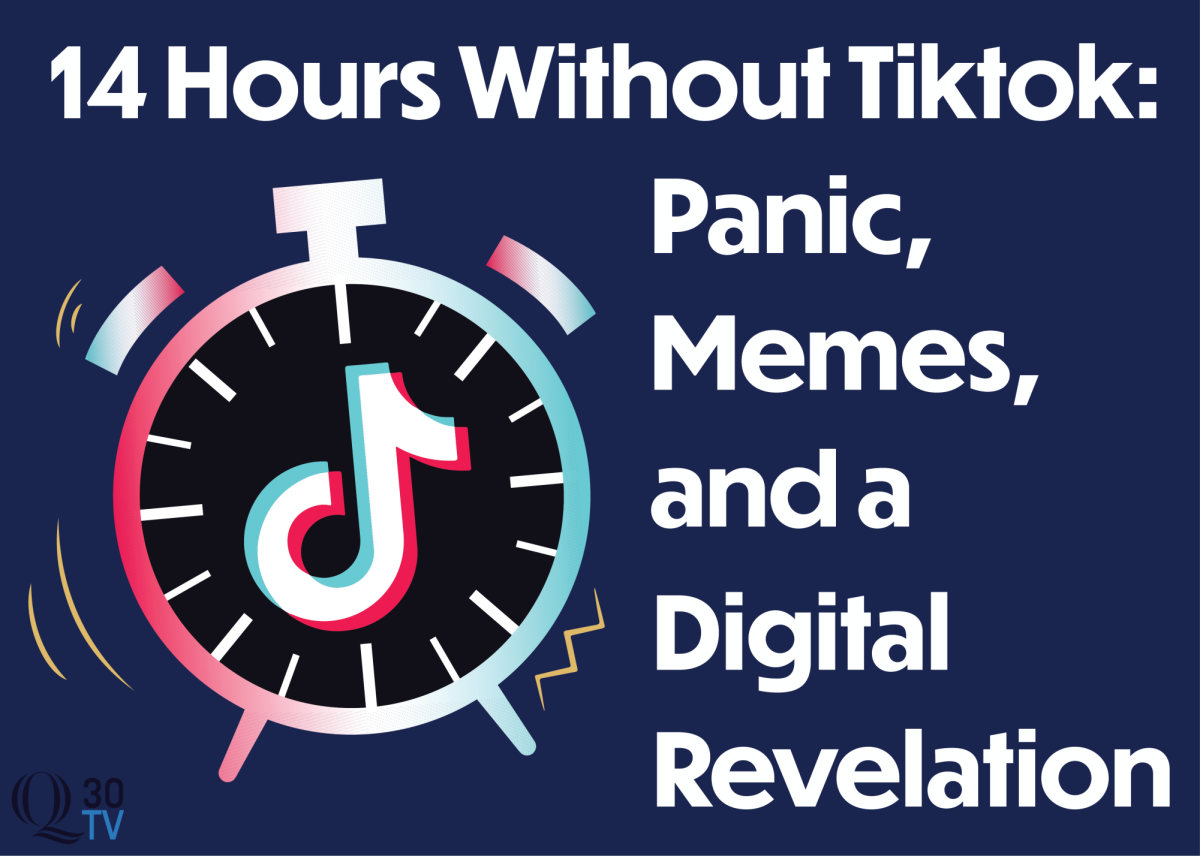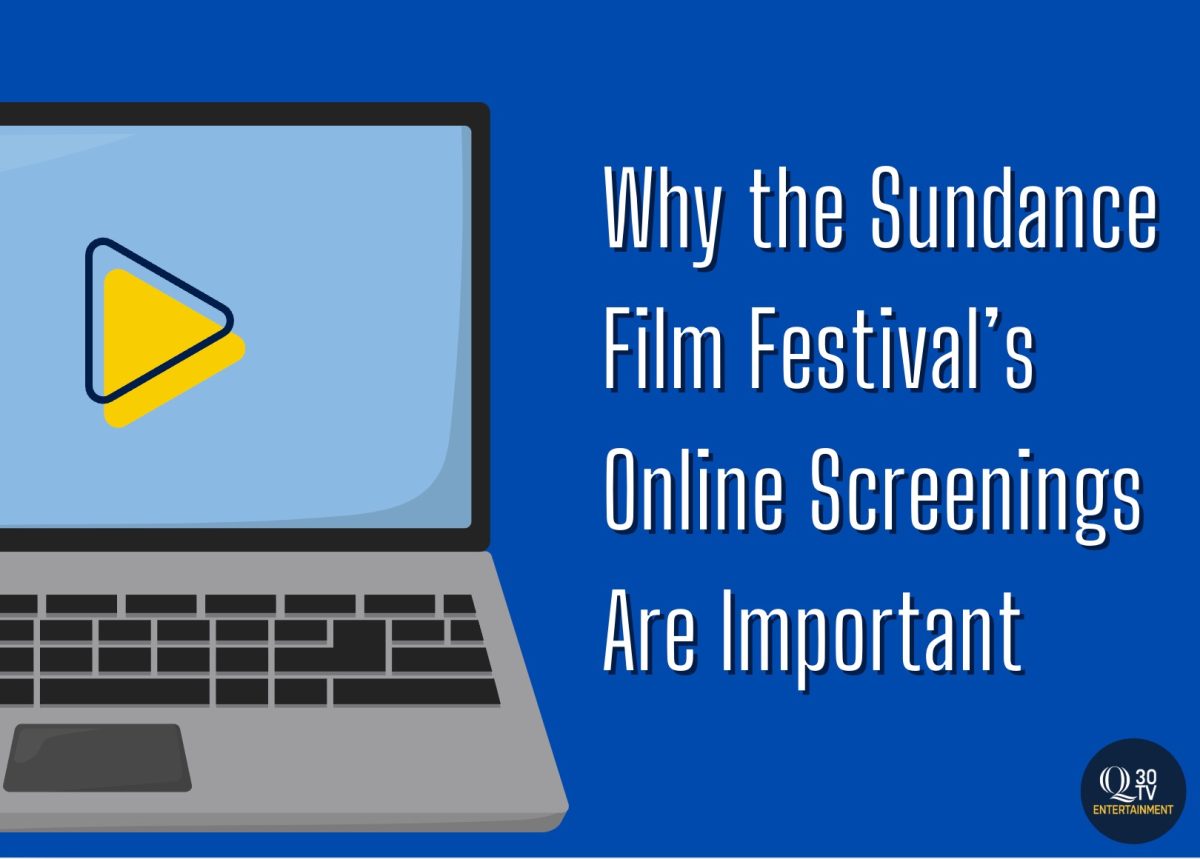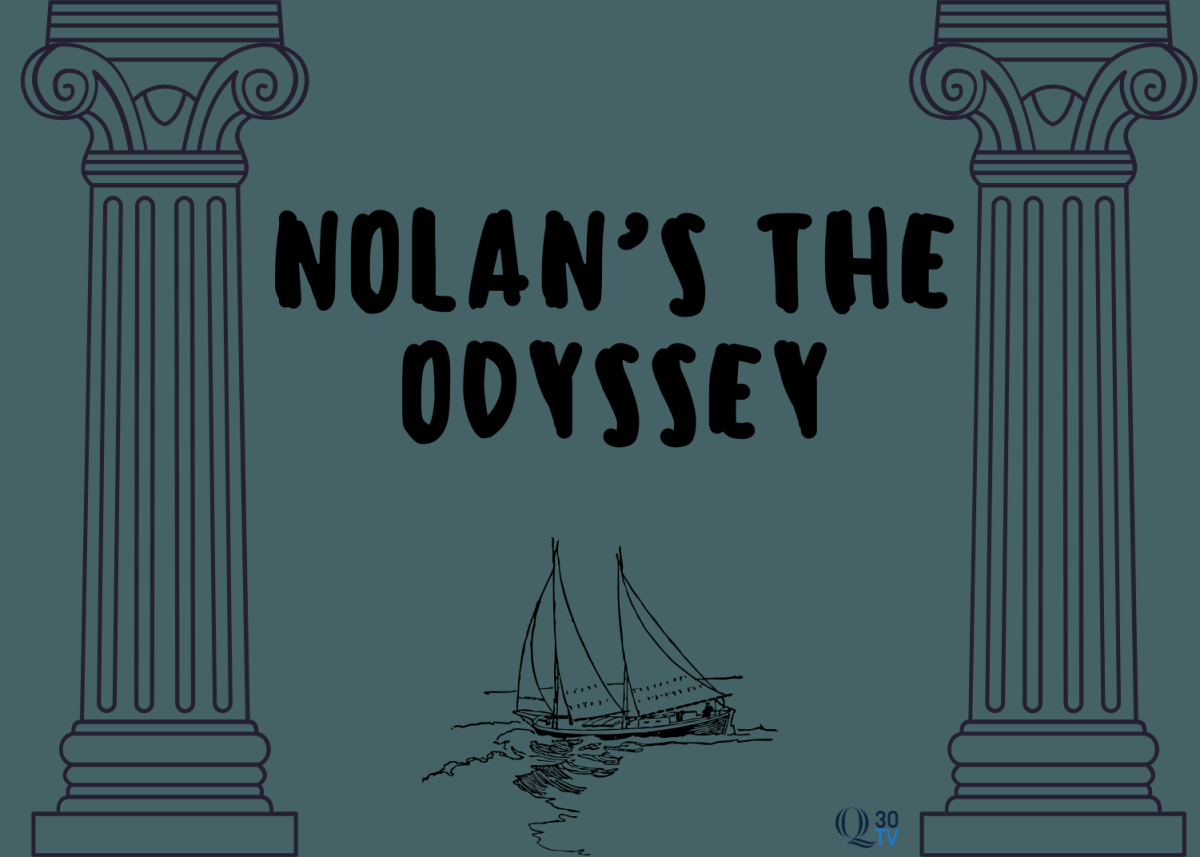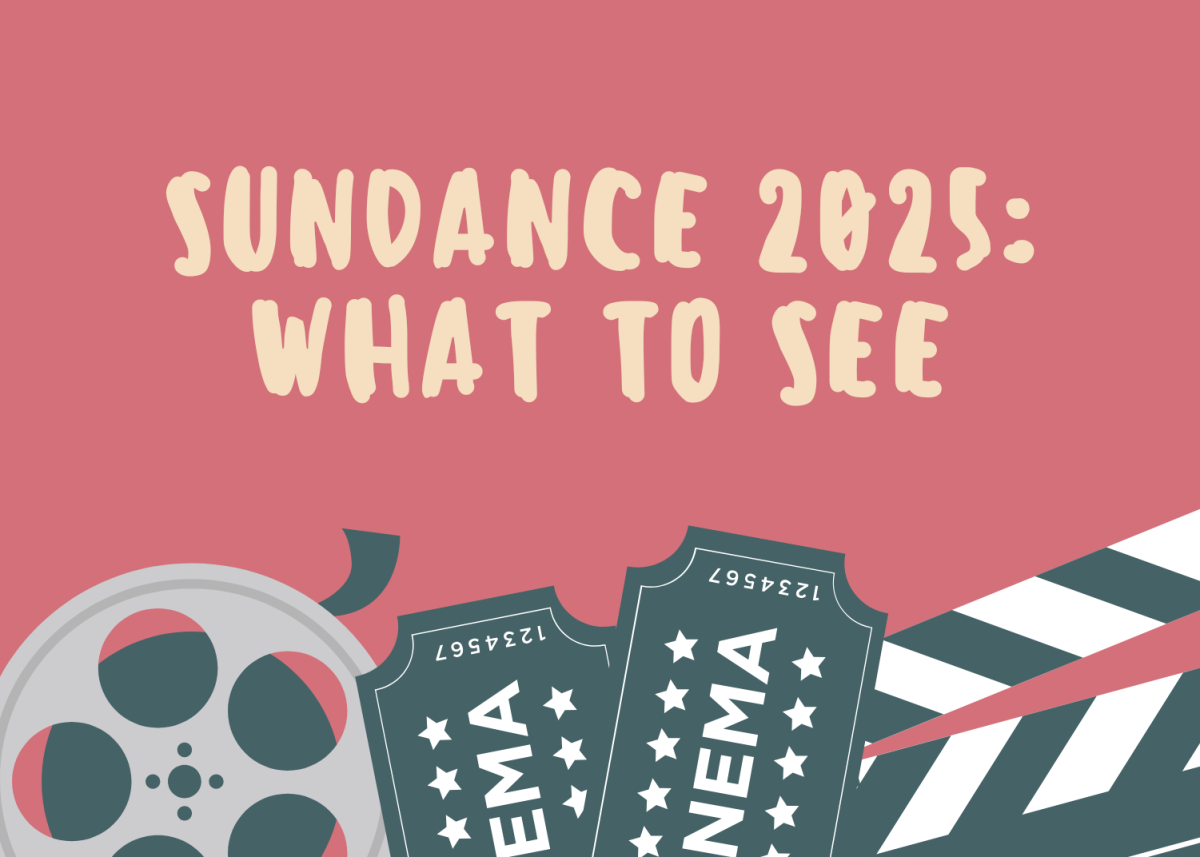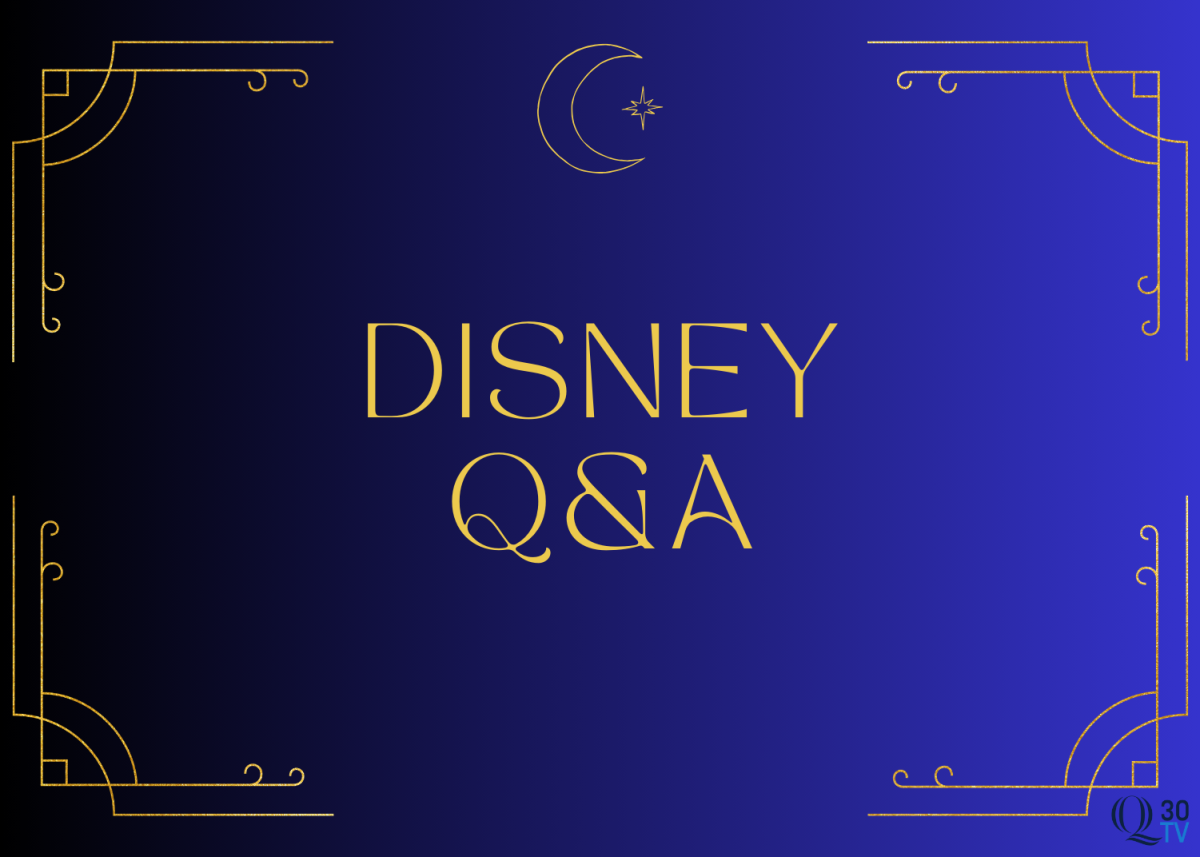Photo courtesy of Paramount Pictures
Written by Steve Bielefield
After a nice 3-week break, I thought to myself, “You know, I’ve seen too many bad movies,” between this and my appearances on Q30’s The Morning After. I’ve gone to see so many bad movies out of fear that good movies wouldn’t give me much to comment on. So I decided to treat myself and go see Christopher Nolan’s new epic, Interstellar. I walked into the theater at 10:00 p.m. expecting to see an exciting, Nolan-esque space adventure. I walked out at 1:00 a.m. having seen so much more than just that.
In the (semi-) distant future, the Earth has started to fall apart. Dust storms afflict the world, food is scarce, sickness is abound, and overall humanity has given up on the dreams of exploring the stars and are focusing on surviving with the little time they have left. A former pilot named Cooper (Matthew McConaughey) is chosen for a secret mission by NASA to go through a newly discovered wormhole to a distant galaxy, and find a new planet for humans to call home.

At the very least, that’s what you’ll get if you watch the trailers. But the interesting thing is, there is so much more to it than that, and I don’t want to spoil any of it for you. The plot is full of turns and surprises, and hits you with things you wouldn’t expect but at the same time seem to come naturally. It’s actually quite surprising how the marketing didn’t really give away much about the plot. Trust me, the film will blow your mind.
The film overall is well written and directed, and McConaughey brings his usual charm and talent to his role. The film is well-rounded, but I think the best part is how much it takes advantage of its setting and plot. Many movies claim to be space adventure, like the new Star Trek films, but don’t really do anything that would be exclusive to the space setting; they are standard action movies that could be set anywhere.
However, Interstellar uses space and the foreign planets very well, with different environments and various elements to each one. It takes you on a very creative journey through the cosmos, and yet manages to actually stay scientifically accurate. Black holes, relativity, wormholes, and even the overall space flight itself are presented as accurately as possible, even more so than Gravity.

Are there flaws? Of course there are; no film is perfect. The film is very long; specifically, a little less than three hours (when you take out the previews). The reason it is so long is, well, the movie at times moves at a snail’s pace. I think that after Christopher Nolan became a huge success, studio execs stopped arguing with him and let him do what he wanted, so he said to the actors, “Look, you’re in space. Just move as slowly as possible,” and they did because, well, he’s Christopher Nolan. There are also various lines that are way too quiet, between the actors lowering their voices and Hans Zimmer’s (surprisingly pipe-organ based) soundtrack.
There is one other thing: this is more of a film buff’s movie, rather than a typical movie. You know what I’m talking about? No, of course not, I’m being vague. Well, there are films that are mainly appreciated by film buffs and students (like myself), whereas if your typical space adventure movie is Star Wars or Guardians of the Galaxy, you might find the movie too slow for your liking. I completely understand that. The ending is also a little too (again, trying not to spoil anything) squeaky clean. It’s hard to describe. But I guess that means you’ll just have to see it to get what I’m talking about, doesn’t it?
I really can’t stress how much I cannot give away, because part of the fun is how the film plays with your expectations and makes you think and speculate. It’s a very fun ride, and I recommend you watch it. Watch it twice, in fact. It truly is worth your time. Interstellar is the best movie I’ve seen all year.


